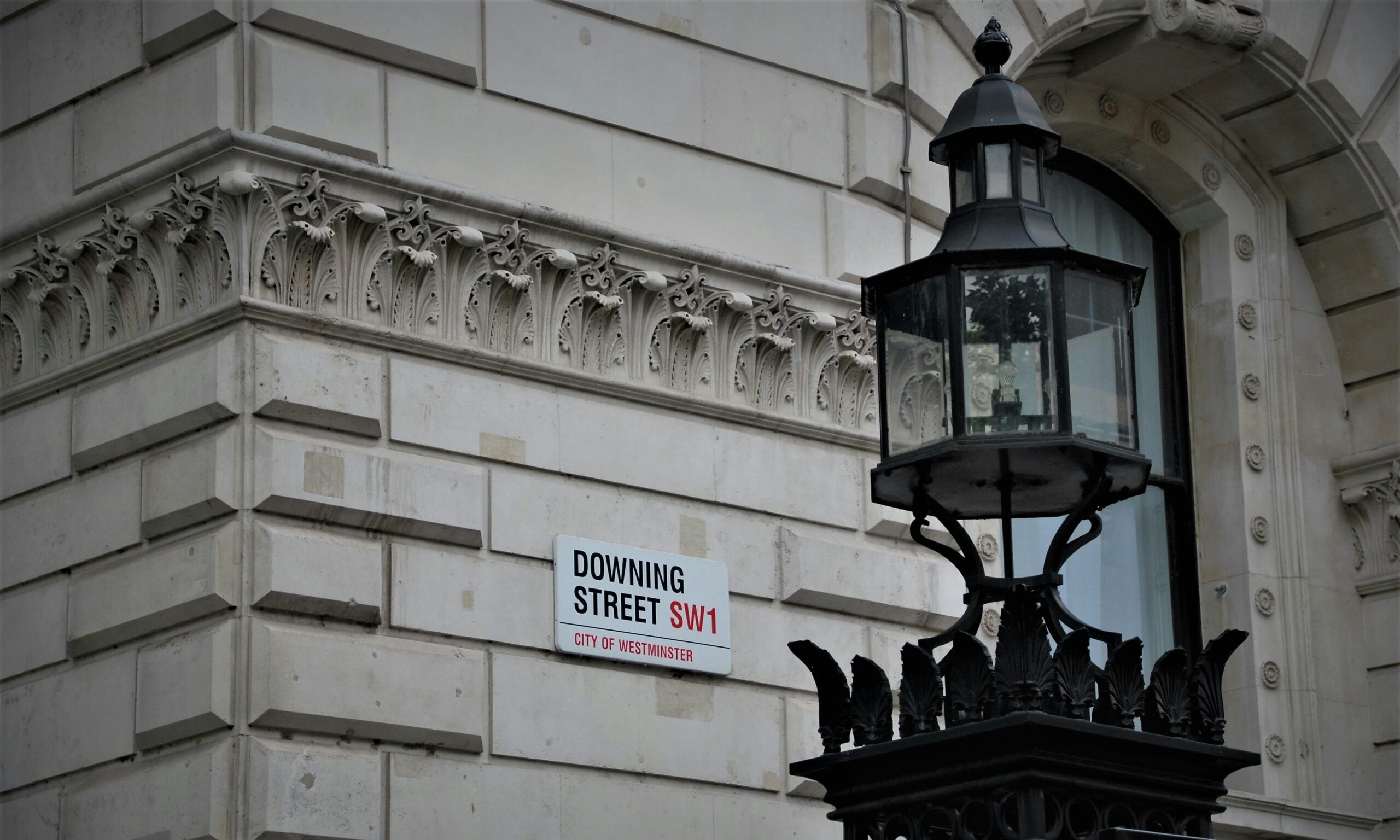Register to get 2 free articles
Reveal the article below by registering for our email newsletter.
Want unlimited access? View Plans
Already have an account? Sign in
UKHospitality has called changes to the Low Pay Commission’s (LPC) remit for 2025 “disruptive and unhelpful”, claiming that wages rates must strike an “affordable balance to help deliver growth for both businesses and staff”.
Business secretary Jonathan Reynolds has ordered the LPC to factor in the future cost of living when deciding on the national minimum wage and national living wage.
The LPC has also been ordered to narrow the gap between the minimum wage rate for 18-20 year olds and the national minimum wage.
The trade organisation has argued that evidence submitted to the LPC was “out of date” and that it would have been better to wait until 2026 to make changes.
It has claimed that the 20% increases in minimum wage over the last two years have “clearly accounted for the cost of living” and as a result UKH has urged the LPC not to recommend another significant increase as it would “raise serious questions over affordability”.
Kate Nicholls, UKH chief executive, said: “Our staff are the lifeblood of hospitality and businesses are passionate about properly rewarding them for their crucial role.That’s why we agreed with the current remit of the Low Pay Commission to maintain wage rates at 66% of median earnings, which will see the Living Wage increase at twice the rate of inflation. After all, this is the basis upon which hospitality businesses have been planning and budgeting.
“As the Government recognises in its letter to the LPC, wage rates should be consistent with delivering growth for both staff and businesses. There now must be a fresh round of consultation with business groups before recommendations are made to ensure that balance is struck in an affordable manner, particularly in how it addresses changes to youth rates.”
She added: “It’s also the case that business costs need to come down to offset rising wage costs, and that should start with the Government fulfilling its manifesto commitment to reduce the burden of business rates on hospitality businesses, as well as reducing employer National Insurance Contributions.”



















